Food plays a crucial role in most cultures around the world. After all, we need it to survive.

So what would you do if you could only eat two food items — possibly for the rest of your life — but you couldn't even choose which ones? That's a question for 24-year-old Caroline Cray Quinn, a Massachusetts-based healthcare recruiter who has a condition called Mast Cell Activation Syndrome, otherwise known as MCAS.

According to Healthline, a mast cell is part of the immune system, and typically found in the bone marrow and around blood vessels. When someone has MCAS, their mast cells release an overload of chemicals into the body, leading to a wide range of symptoms — including allergic reactions. In a TikTok video that now has over a million views on the platform, Caroline revealed how she can only eat two different foods as a result of MCAS: oatmeal and hypoallergenic baby formula.
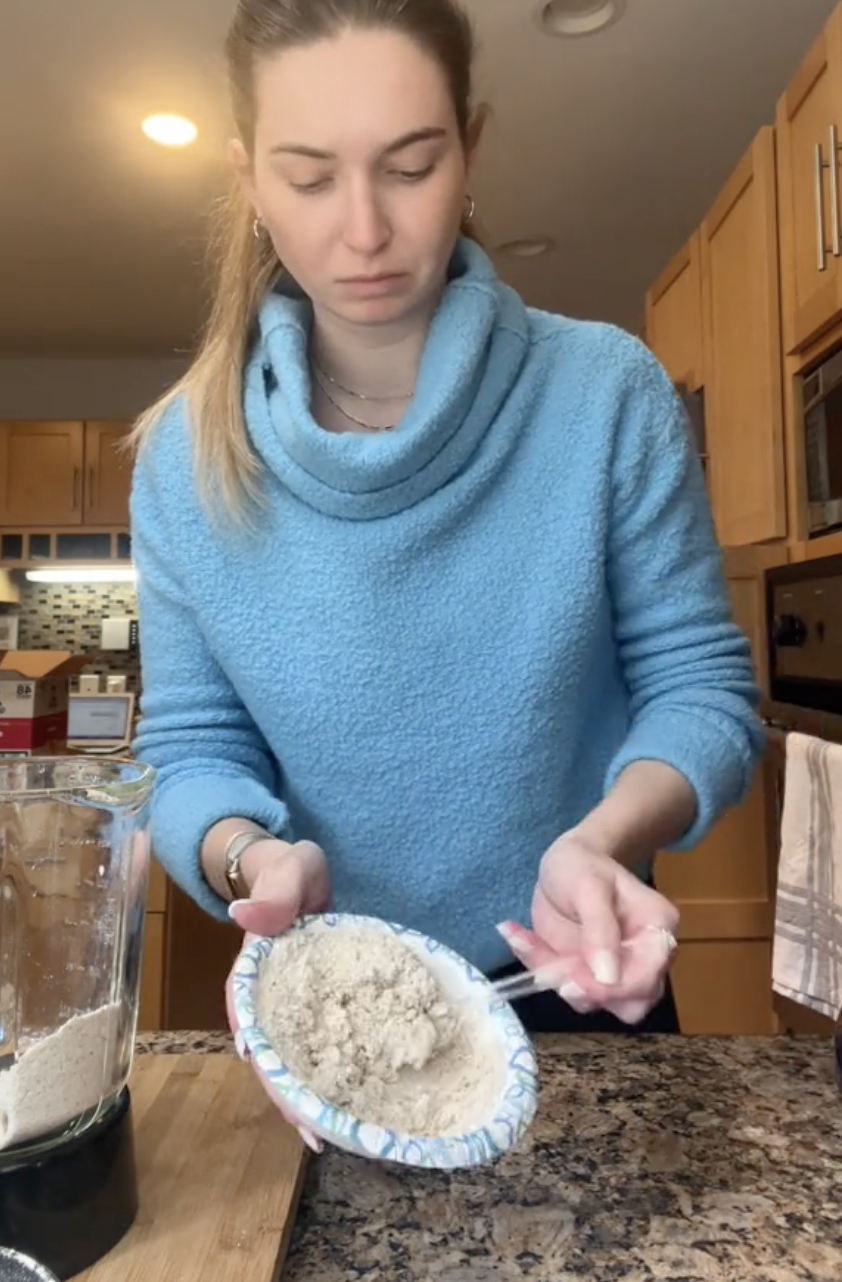
Caroline detailed how she mixes the formula into the oatmeal, and will have three cups for breakfast, two cups for lunch, and three cups for dinner to properly meet her nutritional needs.
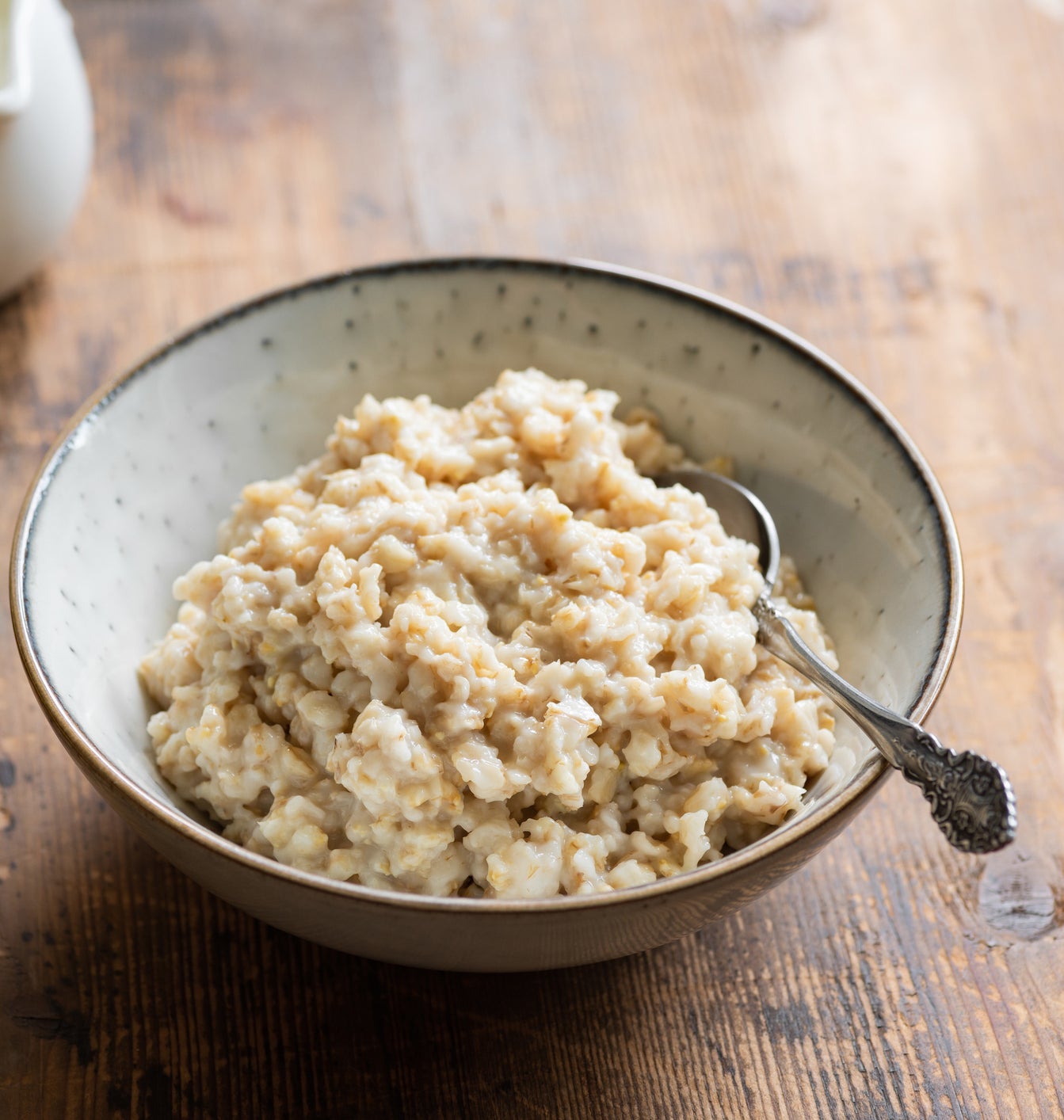
For more insight into her medical journey, and what life looks like on this hyper-specific diet, I reached out to Caroline. "I was first diagnosed with MCAS in 2018 after one anaphylactic reaction to traces of nuts spiraled into a series of recurring anaphylactic reactions to foods I wasn’t allergic to," she told BuzzFeed. "I was in and out of the hospital for two months, and then my allergist referred me to a mast cell specialist who ultimately gave me the official diagnosis after running several tests. My symptoms included continual anaphylaxis, difficulty breathing, restricted airways, tight lungs, wheezing, tight throat, hives, and rashes."
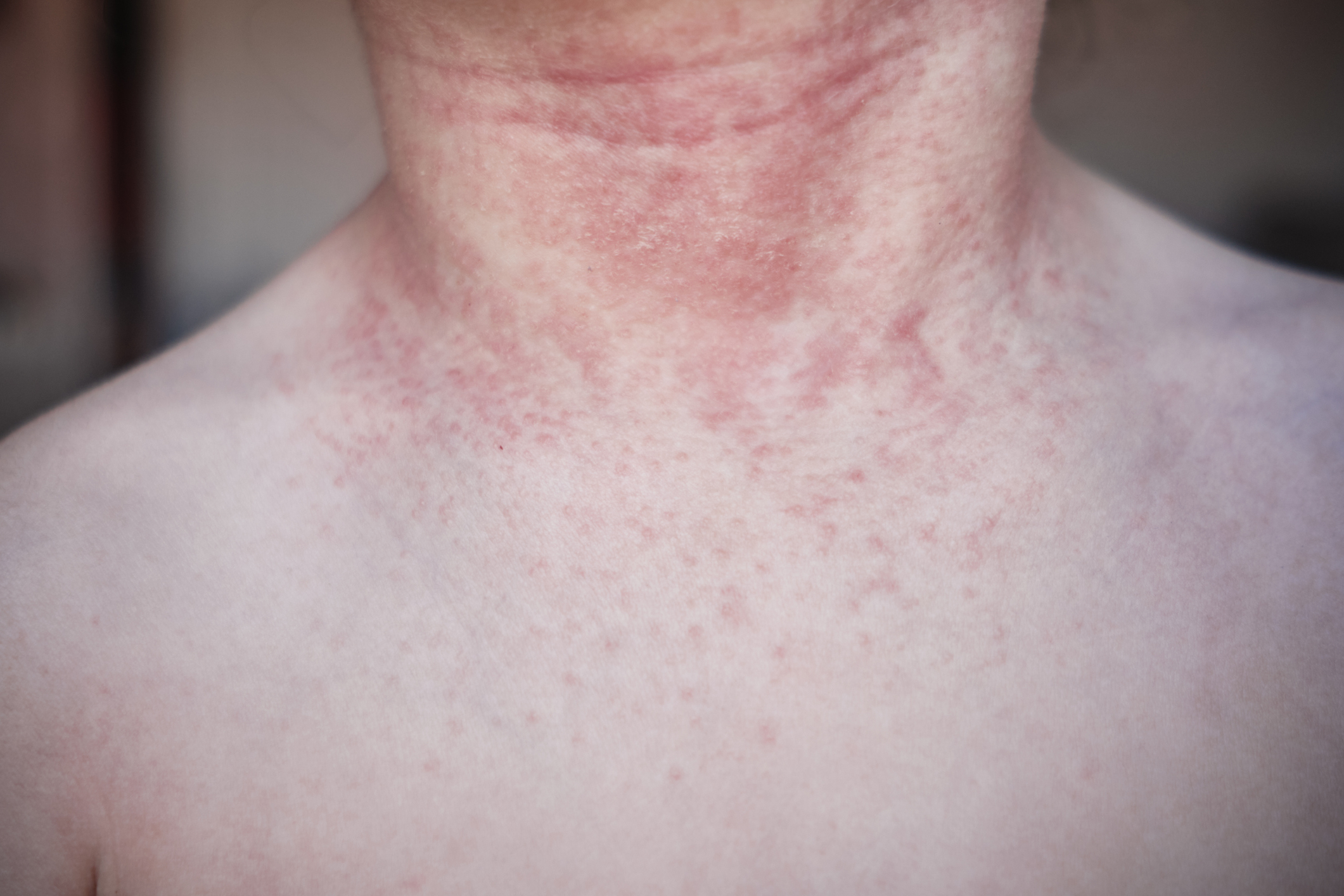
According to mastcellhope.org, one of the qualifications for officially diagnosing MCAS is if a patient "suffers from recurring and severe anaphylactic-like episodes that involve more than one organ system." Also, systemic mastocytosis, a different and rare disorder, needs to be ruled out.

I was curious as to how Caroline figured out the only two foods that wouldn't cause her to have this type of reaction. She said, "I was hospitalized for a mast cell flare-up in the spring of 2019. The only food that was not causing an allergic reaction was oatmeal. Obviously, the human body cannot live solely on oatmeal because of the lack of nutrients, so one doctor came up with the brilliant idea to have me try hypoallergenic baby formula, and I tolerated it great! One can has 57g of protein, 90g of fat, 200g of carbs, 2,000 calories, and sustainable levels of minerals (calcium, magnesium, iron, zinc, etc.) and vitamins (A, B, C, D, E, K, etc.). So that is where I get all my nutrients."
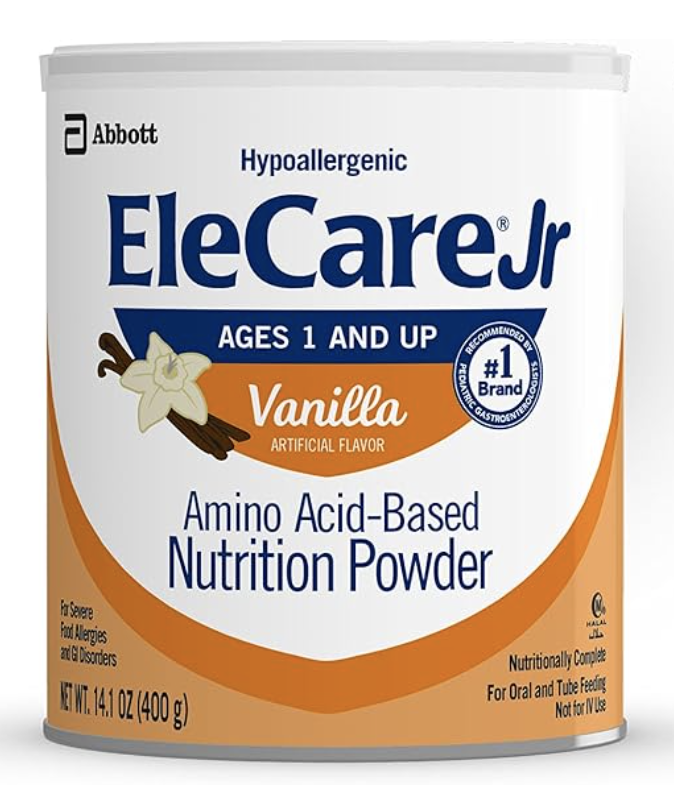
Caroline's life has changed drastically since her diagnosis. "Before I got sick, I was a D1 varsity rower and a carefree, go-with-the-flow person," she said. "When I got sick, I had to take three years off of rowing because I was constantly having allergic reactions, and my body was depleted and very weak. I also had to become very structured about my new medication regiment, limited diet, tracking my symptoms for my doctors, health insurance and pharmacy logistics."

In terms of her social life, there were a lot of adjustments to be made. "Not being able to eat regular food is difficult at times, especially around the holidays, because I do miss food," she said. "Before I got sick, I never noticed how closely tied social culture is with meals. For example, going to lunch with a coworker, having Thanksgiving dinner with family, celebrating a birthday with cake, or going to a nice restaurant for a first date. Food is socialization! I still include myself in those experiences, just minus the food, so I will bring a thermos of my food to a restaurant. ... If I’m the one making plans, I definitely tend to choose activities that don’t involve food, like going to an art museum, going for a walk, or inviting people over for a paint night."

To glean more info on the medical side of MCAS, I reached out to Dr. Payel Gupta, a New York City-based allergist. My first question for her was regarding how common this diagnosis is. "MCAS is considered relatively rare, but its prevalence may be underestimated due to challenges in diagnosis," she told BuzzFeed. "As an allergist, encounters with MCAS might vary depending on the patient population and geographical location, and the type of practice the allergist has. Some allergists specialize in mast cell disease, so they may see more of these patients."
I was also curious about how MCAS works on a biological level. "Biologically, in MCAS, mast cells become hyper-responsive to triggers such as stress, certain foods, medications, or environmental factors," she said. "When triggered, these mast cells release various inflammatory substances, causing the symptoms associated with MCAS."
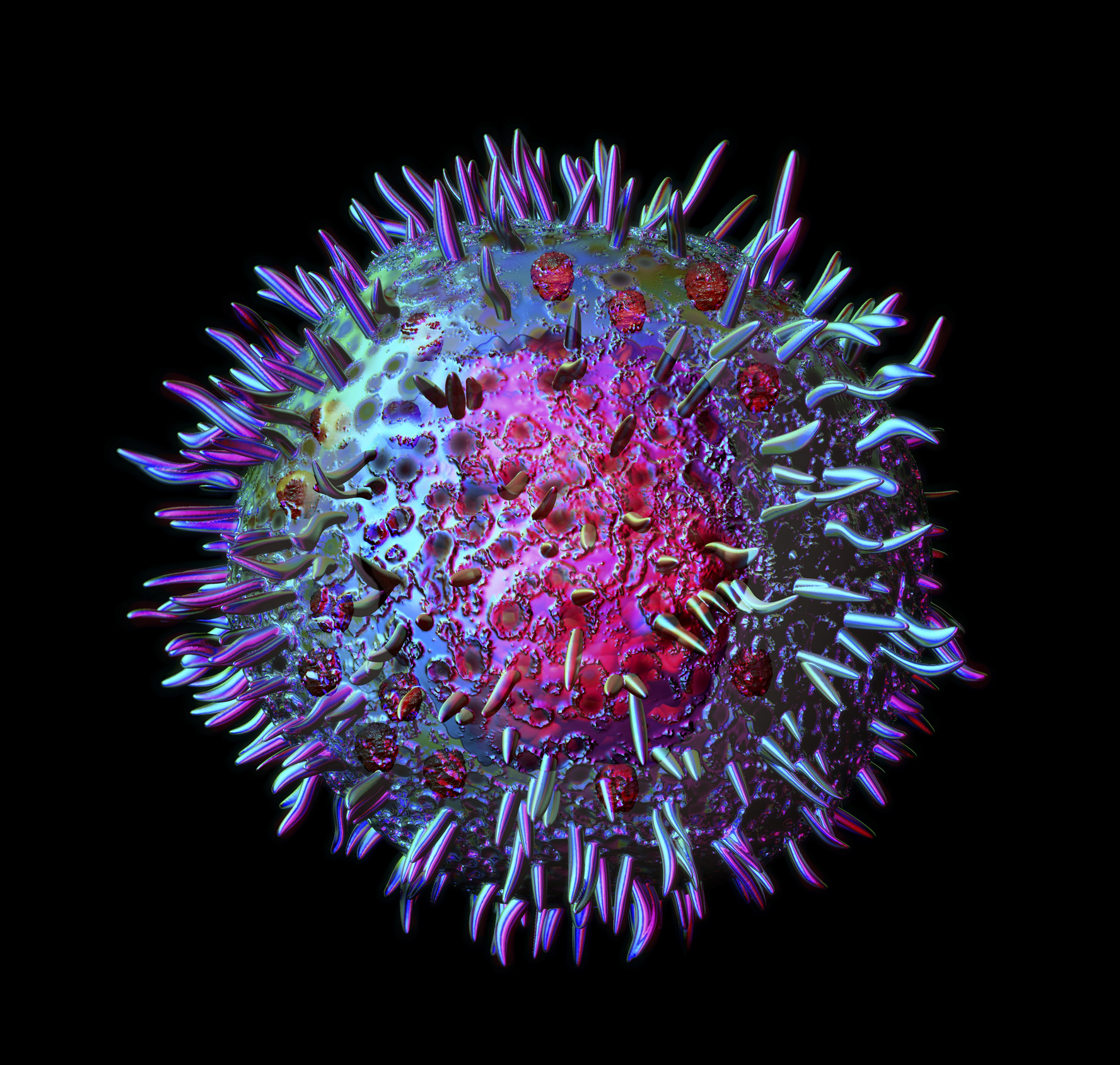
In terms of treatment for the condition, Dr. Gupta said it "typically involves a combination of identifying and avoiding triggers, medications such as antihistamines or mast cell stabilizers to reduce symptoms, and in severe cases, immunosuppressants or biologics to control mast cell activity." Caroline — who deals with a severe case — has a specific regimen that includes the following: biweekly injections of Xolair, weekly infusions of Hizentra, Cromolyn Sodium, and 10 different anti-histamine/anti-inflammatory pills.

Caroline's ability to eat other foods in the future is still a looming question mark. "I wish I could say for certain that my diet will expand, but it is kind of up in the air right now. I am working with my mast cell specialist to expand my diet in the coming months via food trialing single-ingredient, low-histamine foods, such as sweet potato, carrots, and broccoli."

In the meantime, sharing her story on TikTok has helped her connect to other people with the condition, and explore alternate treatment routes. "I’ve gotten some really great advice from them about expanding my horizons of my healing journey. What I mean by this is that I’ve been approaching and treating my MCAS with conventional western medicine (i.e. pharmaceutical drugs), which is definitely necessary, but it has now become clear that there are a ton of other holistic healing resources (i.e. somatic practices, meditation, nervous system regulation, functional doctors, etc.) that can help me even more! I started posting about my experience with MCAS to raise awareness and help others, but it’s actually helping me a lot!"

